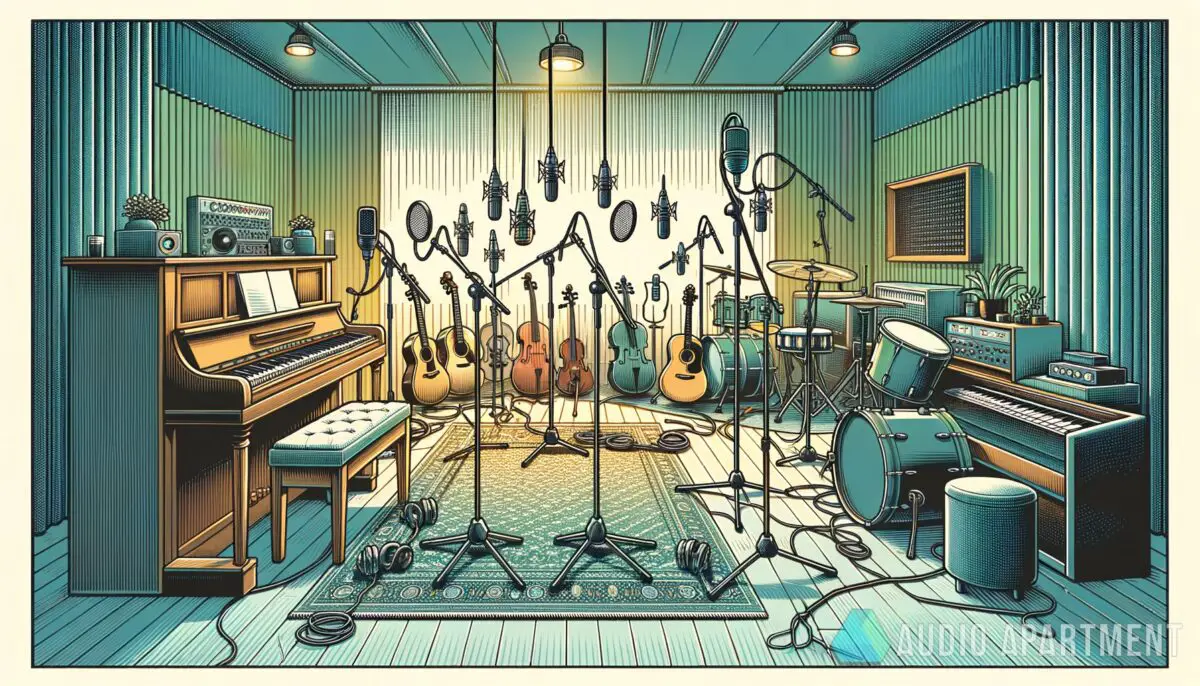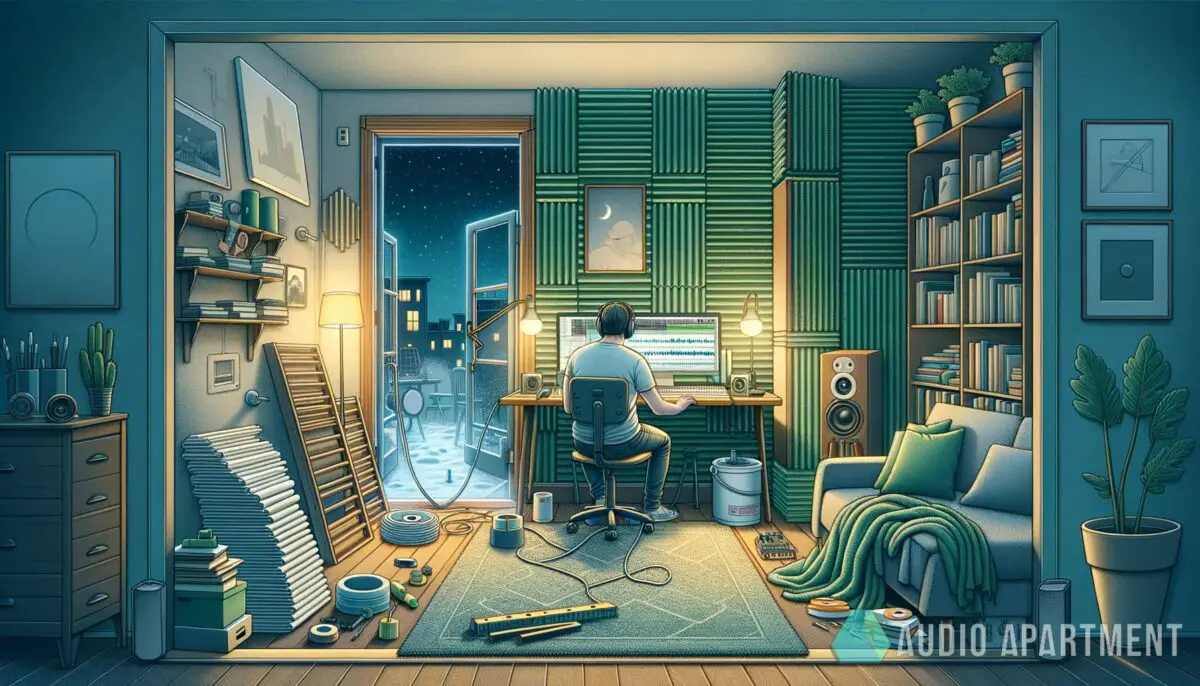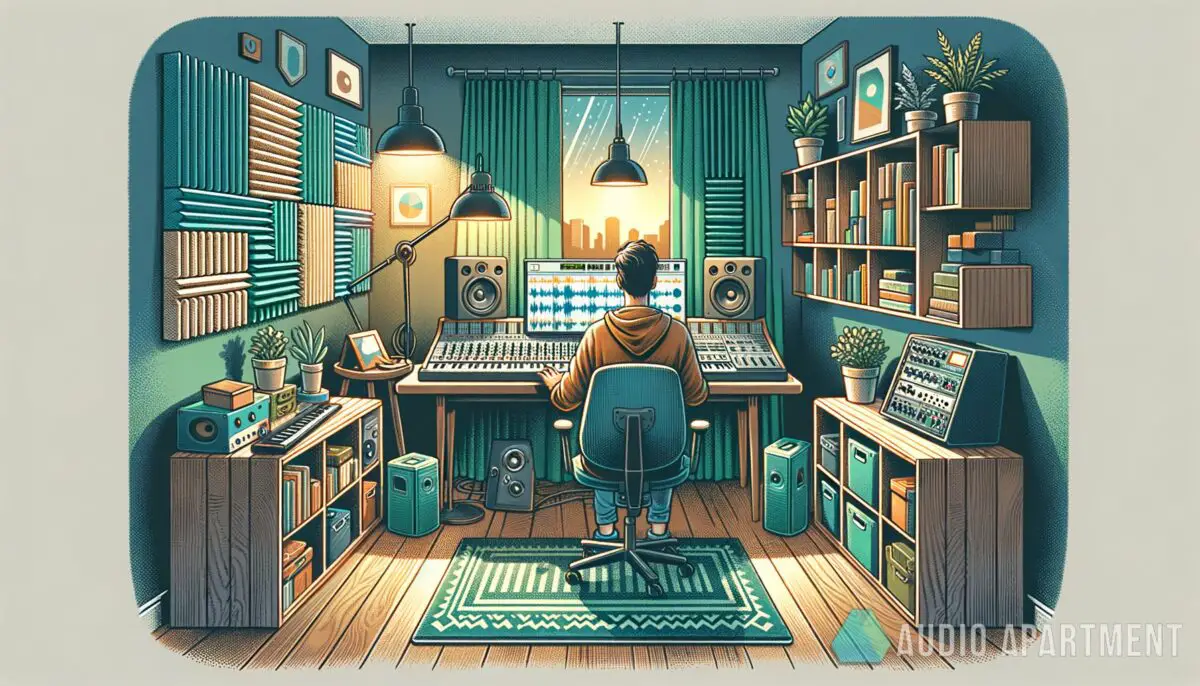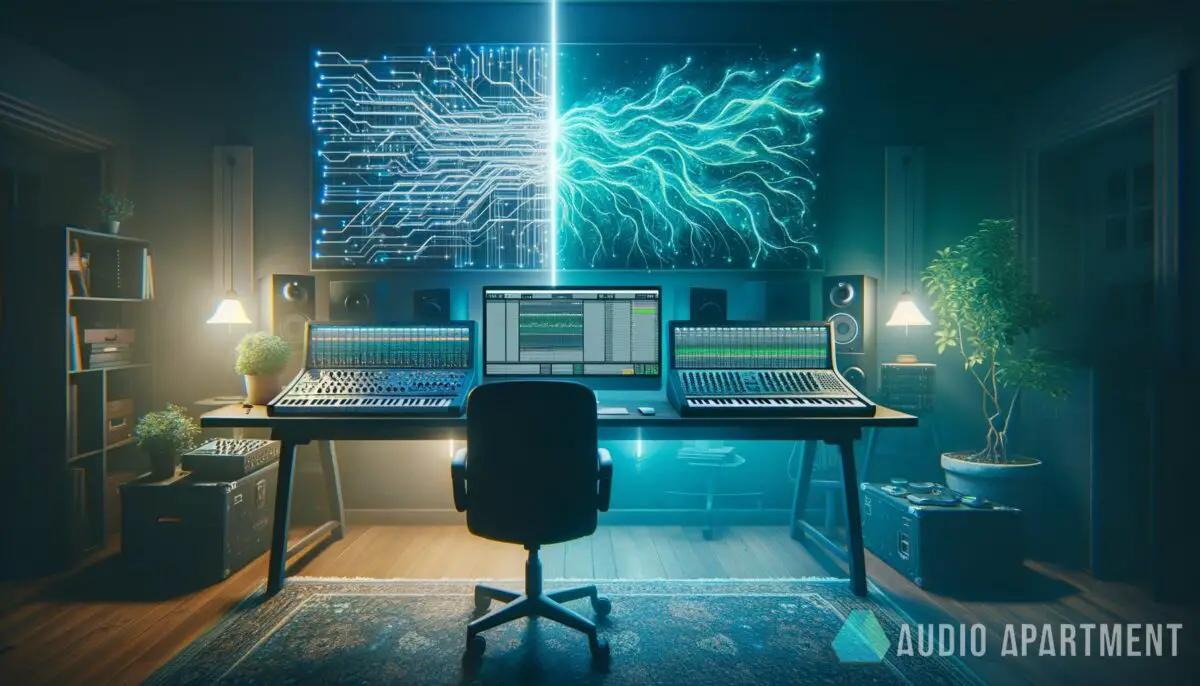Have you ever wondered what makes some music speak to your soul without any words? How does it evoke emotions and create a unique experience? Let’s dive into the world of absolute music, where instruments become the storytellers, and let the melodies take you on a captivating journey. So what exactly is absolute music?
What is absolute music? Absolute music refers to instrumental compositions that are not intended to represent or depict anything specific; they are purely focused on the artistry of the music itself, allowing each listener to interpret and connect with it in their own way.
What is absolute music?
Absolute music, also known as “pure” music or “abstract music”, is music that is not explicitly about anything; it is not intended to tell a story or represent an idea, object, or scene. This contrasts with program music, which aims to depict a narrative or specific non-musical reference.
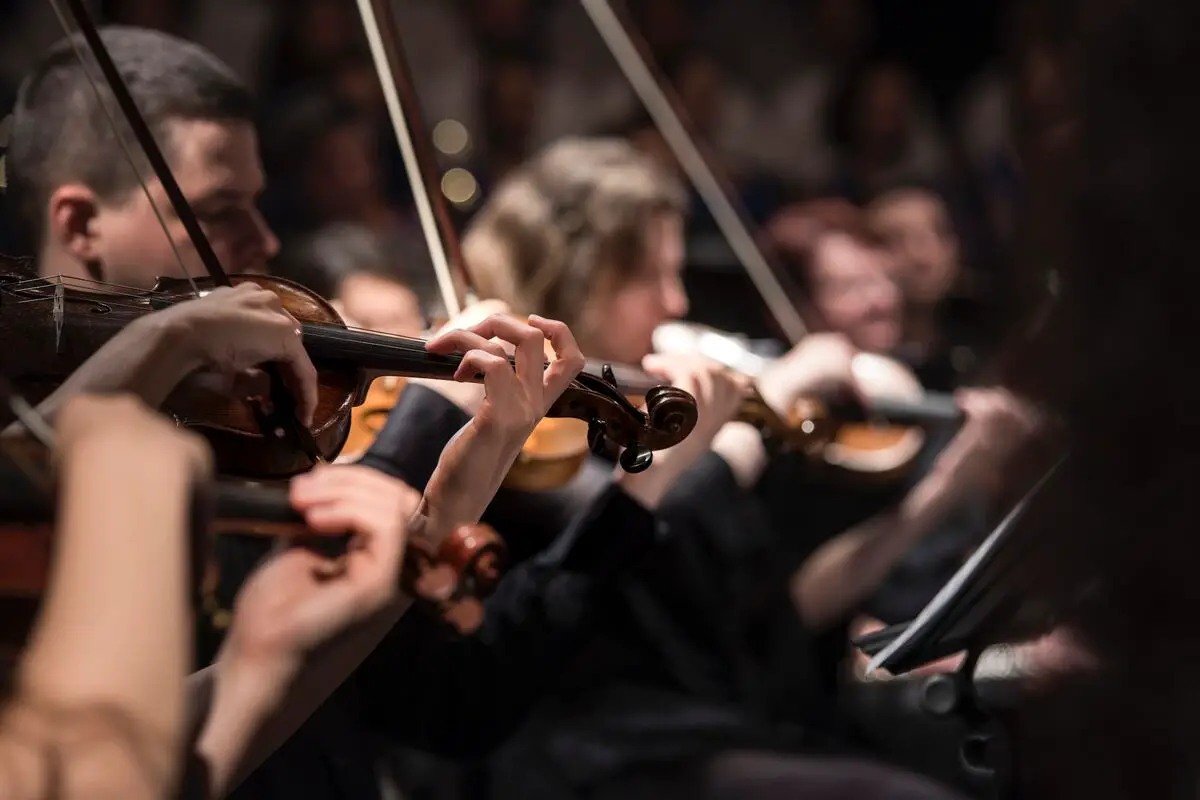
In absolute music, the focus is entirely on the melody, harmony, rhythm, and other musical elements. It’s meant to be enjoyed and appreciated for its structure and the feelings it might evoke, rather than any specific meaning it might convey. Compositions such as symphonies, sonatas, or string quartets are often considered absolute music, particularly those from the Classical period.
AKAI Professional MPK Mini MK3

AKAI Professional MPK Mini MK3
What are the defining elements of absolute music?
At its core, absolute music is characterized by its instrumental nature. It relies on the interplay of musical elements such as key, melody, and harmonies to create a captivating experience. The absence of lyrics or explicit subject matter allows the music to speak directly to the listener’s emotions, transcending language barriers and cultural boundaries.
Composers skillfully use musical devices such as dynamics, tempo, and harmonic progressions to convey a range of emotions…
Absolute music often adheres to specific forms and structures, such as sonata forms or variations. These frameworks provide a sense of cohesion and help composers develop and organize their musical ideas. By employing these structural techniques, composers can guide the listener through a coherent musical journey, building anticipation and resolution while exploring various themes and motifs.
While absolute music lacks explicit external references, it carries a profound emotional impact. Composers skillfully use musical devices such as dynamics, tempo, and harmonic progressions to convey a range of emotions, from melancholy and introspection to joy and exuberance.
What is the history behind absolute music?
During the eighteenth century, Europe experienced significant social changes driven by the Industrial Revolution. As a response to the prevailing Enlightenment values of reason and logic, the Romantic movement emerged, emphasizing individualism and the power of emotions. The corresponding Romantic era brought about a shift in music, pushing boundaries and challenging traditional norms.
The Romantic era valued freedom of expression, sentimentality, and inspiration drawn from nature. Composers sought to create music that evoked awe and captured the essence of human emotions. Absolute music, with its focus on inner artistic expression, aligned closely with the ideals of the Romantic movement.
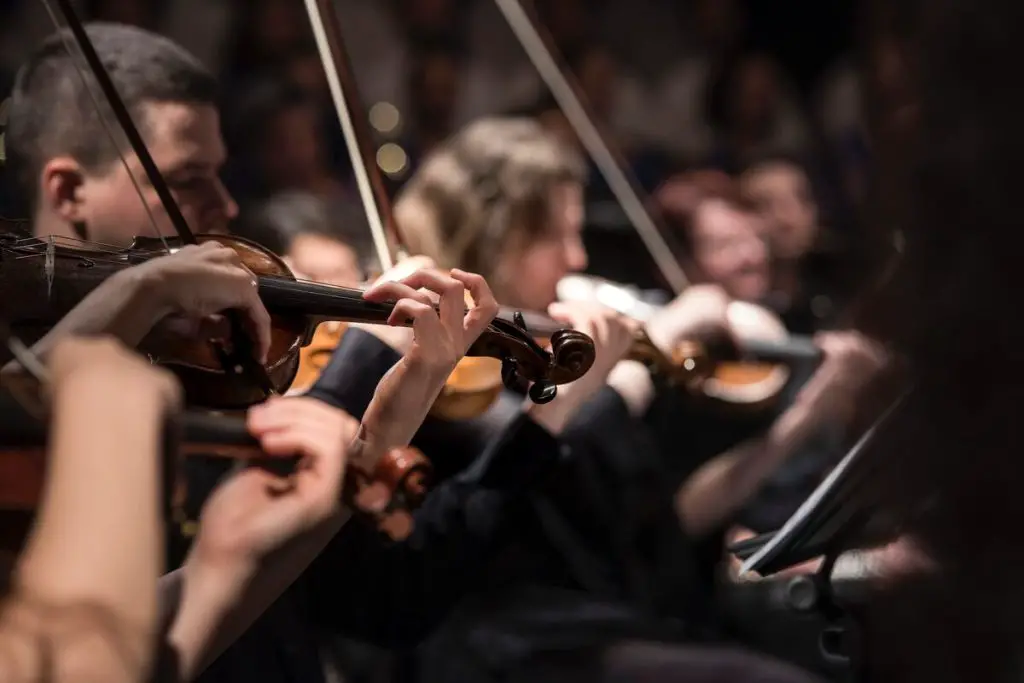
Composers such as Bach, Beethoven, and Brahms embraced the concept of “art for art’s sake” and crafted instrumental compositions that were not tied to the external subject matter. While programmatic music draws inspiration from external sources such as art, nature, or personal experiences, absolute music stands independent from any explicit outside influences.
It stems solely from the composer’s imagination and artistic vision. Absolute music is often viewed as a purer form of art, as it allows listeners to connect with the music on a personal level, attributing their own meanings and emotions to the compositions. Absolute music challenged the prevailing belief that music should have a tangible subject or narrative.
How does absolute music continue to resonate with audiences today?
Despite evolving musical styles and genres, absolute music remains timeless and continues to captivate audiences. The sheer beauty and universality of absolute music make it a source of inspiration and solace for generations to come. Contemporary perspectives continue to explore the interplay between meaning and emotion in music, further enriching the discourse surrounding absolute music.
Today, there are still spirited debates over the value and merit of absolute music compared to music with explicit meanings. While some argued that the absence of external references in absolute music allowed for a more profound and universal emotional experience, others contended that music rooted in specific subjects or stories held a greater significance.
If you want even more great tips and information, check out the video below.
Frequently asked questions (FAQ)
Here are some common questions about absolute music.
How does absolute music differ from programmatic music?
Absolute music and programmatic music differ in their approach and intent. Absolute music is purely instrumental and does not have a specific subject or narrative it aims to represent. Programmatic music, on the other hand, draws inspiration from non-musical elements such as art, nature, or personal experiences to convey specific meanings or stories.
What are some examples of absolute music?
Many works from the Baroque, Classical, and early Romantic periods are considered absolute music. For example, the symphonies of Franz Joseph Haydn and Ludwig van Beethoven (prior to his “Pastoral” Symphony), the string quartets of Wolfgang Amadeus Mozart, and the preludes and fugues of Johann Sebastian Bach’s “The Well-Tempered Clavier” are often categorized as absolute music.
Is it possible to interpret a narrative in absolute music?
While absolute music is not intended to tell a specific story or depict a specific scene, individual listeners often associate music with personal feelings, memories, or images. Therefore, while a composer may not have intended a specific narrative, listeners may interpret their own. However, this interpretation is subjective and varies from listener to listener.
Conclusion
Absolute music takes us on a journey where words fade and emotions rise. From the depths of Beethoven’s symphonies to the intricate counterpoints of Bach, the beauty of absolute music lies in its ability to stir our souls. So, the next time you find yourself lost in the melodies, remember that the true language of the heart speaks through the notes, guiding us through a symphony of emotions.
And did I cover everything you wanted to know? Let me know in the comments section below. I read and reply to every comment. If you found this article helpful, share it with a friend, and check out my full blog for more tips and tricks on exploring the world of absolute music. Thanks for reading and may your musical journey be filled with harmony and joy!
Key takeaways
This article covered the fascinating realm of absolute music. Here are some key takeaways:
- Absolute music is instrumental music that does not represent specific subjects or narratives.
- It emerged during the Romantic era as a means of inner artistic expression.
- Absolute music speaks to the listener’s emotions and allows for personal interpretation.
- It transcends cultural and language barriers, appealing to a wide range of listeners.



